Recherchez sur le site !
Recherche avancée / SpécifiqueCatégories publications
+ Sciences De La Terre - Archéologie - Astronomie - Spéléologie - Ecologie - Pédologie - Volcanologie - L'hydrogéologie - Géomorphologie - Minéralogie - Pétrologie - Paléontologie - Géologie + Climatologie - Réchouffement climatique - Changement climatique + Plantes - Plantes Aromatiques - Plantes médicinales + Zoologie - Faunes + Botanique - Flors + Sciences humaines - Géo Eco Tourisme - L’anthropologie - L'Histoire - Démographie - Sociologie - Géographie - Patrimoine culturel
Géo éco tourisme inclusif

Géoparc et Recherche Scientifique
Le coins de l’étudiant
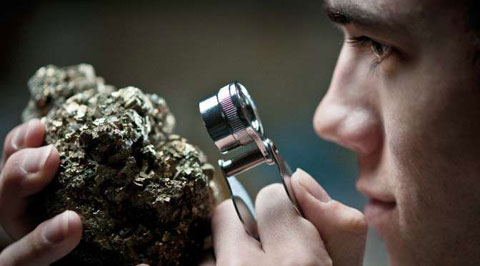

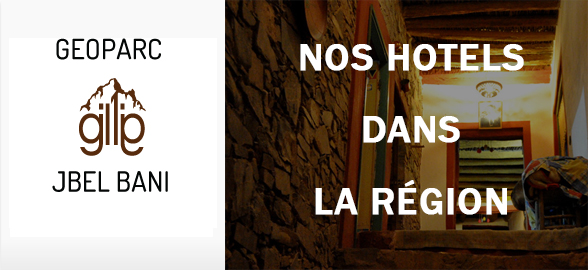
Blog Géoparc Jbel Bani
From citizen scientist to citizen science :
Exchanges of perspectives on how to construct Knowledge
Lucimar Dantas and Sandrine Simon(Eds.)
Dimension of Citizen Science in CeiED PhD projects
In July 2021, the annual research meeting of CeiED involving the three areas (education, urban planning and museology) focused in its 11th edition on Citizen Science. Entitled ‘Do cientista cidadão a ciência cidadã: olhares cruzados na construção do conhecimento’ (From Citizen Scientist to Citizen Science: Crossed Perspectives in the Construction of Knowledge), it encompassed, on top of plenary sessions, a visual art exhibition, a series of parallel sessions dedicated to doctoral research and a one-day practical workshop on design thinking. The latest were organized around various themes which triggered specific questions in relation to CS. The results and conclusions from the thematic debates can be drawn as follow:
In the session focused on the ‘teaching profession: the educator's perspective’, several participants referred to the beneficial changes brought about as a result of the pandemic, in particular the change in methods and the broader use of digital tools. For many, CS is a way of humanising the teaching-learning process. The teaching profession must be part of this and become an agent of transformation and transmission of science. Within the process of the ‘construction of knowledge’, teachers have a fundamental role to play in the training of participative and active citizens. Teachers and schools (although they often feel their role is not valued) are an essential part in creating a more reflective society, an one capable of using critical thinking.
The session ‘inclusion’ emphasised the call to better communicate the results to citizens participating in research projects, and the importance of putting knowledge at the service of all. A citizen-centred research calls for qualitative research methods or, when such methods are adopted, these intend to contribute to a better knowledge of socio-educational phenomena and, consequently, to serve as a basis for inclusive interventions. This session gave further insights into the need of improving the contexts and practices of inclusive citizenship, to pay attention to ethics and data protection, and that the transnationality and transculturality of research focuses and instruments are useful dimensions for an inclusive citizenship.
The session ‘the role of education and learning for societal changes’ focused on learning processes (inside and outside educational institutions) and their impacts on society. Participatory approaches that could improve learning and social change were explored. For instance, the project "Museum as Social Technology" looked at CS, social technology and social innovation, while emphasising that the place of technology is not of digital technological resources, but of knowledge sharing processes, knowledge accumulation, collective and participatory construction, and acknowledging these methods as technology. These themes as well as the interest of students in developing skills from “experimental learning” were also explored in another project on UA and sustainable cities, which highlights the fact that, without the contribution of CS, it will be difficult to make cities 'sustainable' in a way that is socially meaningful. From the project on eco-museology, is reported the importance of the territory and of co-creation together with the potentials of CS to increasing their values. The project International Movements for a New Museology, with a focus on Latin America, stressed the role and (missing) place of women, native peoples, Quilombolas and Afro-descendants, and the importance of the reciprocity of knowledge between academia, museums and civil society.
PDF Article Complet
Source web par : Sandrine Simon
Les tags en relation
Dictionnaire scientifique
Plus de 123.000 mots scientifiques
Les publications
Géo parc Jbel Bani
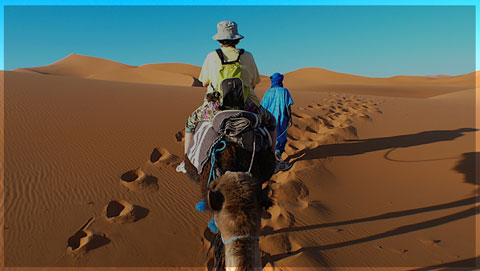
Circuits & excursions touristiques
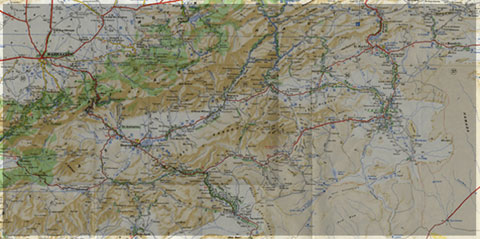
cartothéques
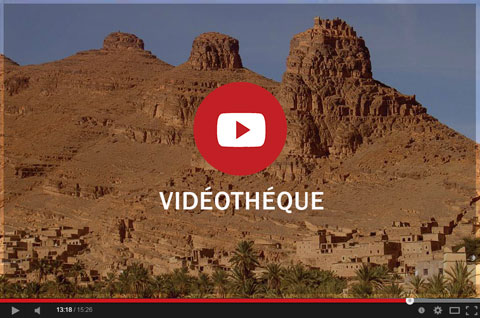
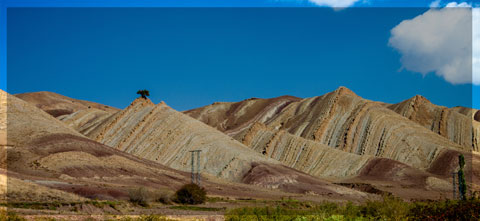
Photothéques
Publications & éditions




